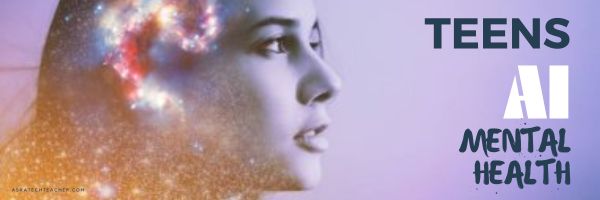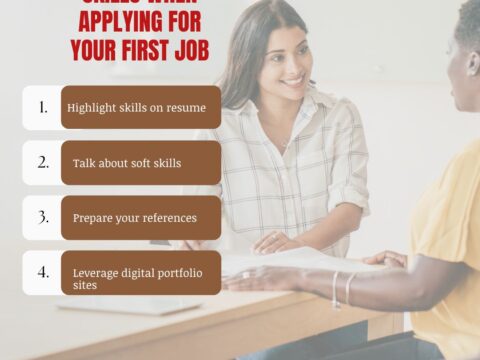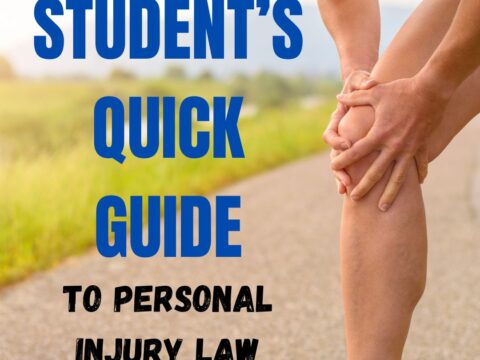Generative AI is an exploding influence in education with lots of potential but unknown outcomes. Most people focus on its impact on school research, lesson plans–that sort–but another piece isn’t considered often enough: its impact on student mental health. This next article from but we’ll do in this article from Education Week does
Educators, teens differ on AI’s mental health effects
Teens and educators hold divergent views on its mental health effects of AI, with educators expressing more concern about negative impacts, including cyberbullying and the ability of algorithms to create addictive virtual worlds. Meanwhile, students are more optimistic about AI’s potential benefits.
Full Story: Education Week (3/25)
–image credit Deposit Photo
Here’s the sign-up link if the image above doesn’t work:
Jacqui Murray has been teaching K-18 technology for 30 years. She is the editor/author of over a hundred tech ed resources including a K-12 technology curriculum, K-8 keyboard curriculum, K-8 Digital Citizenship curriculum. She is an adjunct professor in tech ed, Master Teacher, webmaster for four blogs, CSTA presentation reviewer, freelance journalist on tech ed topics, contributor to NEA Today, and author of the tech thrillers, To Hunt a Sub and Twenty-four Days. You can find her resources at Structured Learning.







































“addictive virtual worlds” I remember reading a science fiction by Arthur C. Clarke when I was a teenager (in Swedish). I believe it was called “the sleepers”. It was about people who voluntarily joined up to live in a virtual reality world, for ever, or until they died, similar to the movie the Matrix, but voluntarily. Maybe that’s where we are headed ?
Addictive virtual worlds sounds very possible